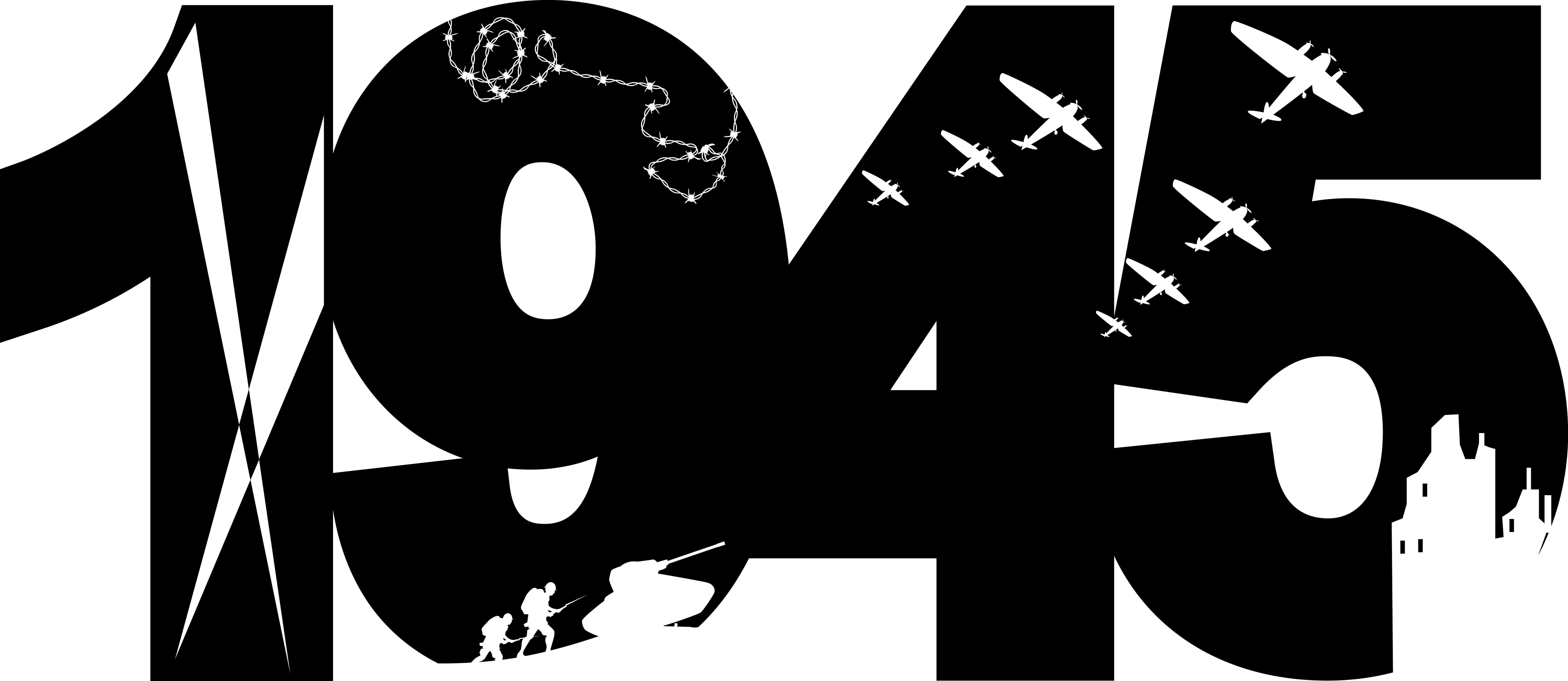August in Japan means a cycle of wartime anniversaries involving dates many have committed to memory. Aug. 6: the first use of a nuclear device as a weapon, against the city of Hiroshima. Aug. 9: A second atomic bomb is dropped on Nagasaki. Aug. 15: Japan's surrender the previous day — by acceptance of the terms of surrender in the Potsdam Declaration — is announced by Emperor Hirohito in his first ever radio broadcast to his bewildered, war-weary subjects.
This year it will be 70 years since these events occurred. For some reason round-number anniversaries get particular attention.
Yet here are some other 70th anniversaries that will or already have passed unremarked. Jan. 20: Japan's leaders approve plans to defend the homeland, notwithstanding the predictably huge loss of civilian life doing so will entail. July 26: The U.S., Britain and China issue the Potsdam Declaration, the vaguely oxymoronic "terms of unconditional surrender" for Japan, which in their own odd way now form a part of the nation's current constitutional system. July 28: Prime Minister Kantaro Suzuki announces to the Japanese press that the only appropriate response to the Declaration is rejection — mokusatsu (literally, to "kill by ignoring"). In doing so he violates an agreement reached by his Cabinet the previous day to make no public comments on the Allied ultimatum. Needless to say, this statement was taken as a rejection.



















With your current subscription plan you can comment on stories. However, before writing your first comment, please create a display name in the Profile section of your subscriber account page.